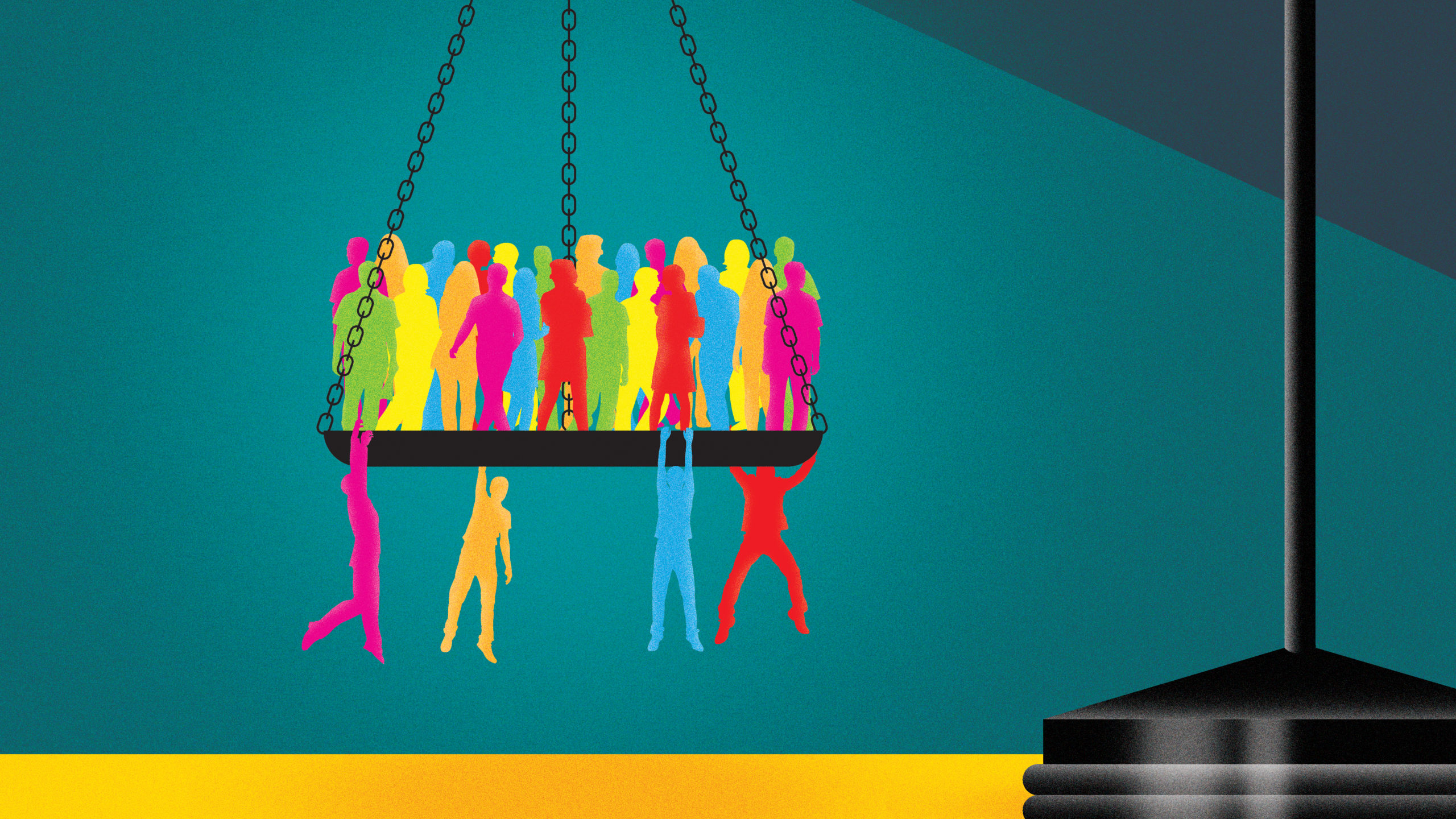Discrimination Against Underrepresented Writers Up 4% Since 2018, New Report Finds
By Danielle Turchiano
LOS ANGELES (Variety.com) – It is not enough to hire more inclusively if the treatment of those hires will be unfavorable.
Sixty-eight percent of underrepresented writers in the television industry have reported facing discrimination in their workplace, up from 64% reporting such instances last year. Almost 31% of those underrepresented writers reported specific sexual harassment experiences, while 58% reported other kinds of harassment and bullying.
Underrepresented writers have also reported fewer chances of advancement, with 49.2% saying they have repeated the position of staff writer at least once and 27.6% saying they have repeated other titles, rather than being promoted between seasons or from show to show. (For staff writers of color, that number rises to 55%.) Additionally, only 33% of underrepresented writers said they have been assured creative control through the title of showrunner on the shows they have in development.
And even when an underrepresented writer is working within a writers’ room, their inclusion in the process of making television does not assure the story reflected on-screen will be fully inclusive: 39.4% of underrepresented TV writers reported witnessing the erasure or stereotyping of underrepresented characters on their shows, 10.2% shared they were actually fired for pushing back on stereotypical characters or storylines, and 33.9% said they were asked to change a character’s identity in order to have a better chance at selling a project.
These are the findings of the Think Tank for Inclusion and Equity’s (TTIE) second annual “Behind the Scenes: The State of Inclusion and Equity in TV Writing” report . For two years now, TTIE and Alton Carswell, MA, LMFT have worked to better understand and reveal the barriers of entry to underrepresented writers within the television industry, with “underrepresented” reflecting those who identify as people of color, women, non-binary, LGBTQIA+ and/or people with disabilities. This year’s survey asked writers to report experiences around inclusion and equity in their most recent writers’ rooms, from January 2018 to December 2019.
This year’s survey participants included writers who identified as underrepresented as well as those who did not. Women and non-binary participants made up 71.5% of those surveyed, while 54.7% of people surveyed were people of color. LGBTQIA+ individuals made up 31.2% of participants, and people with disabilities made up 7.5%.
Breaking that down further, 6.3% of the women who responded to the survey reported being the only woman in their writers’ room. They fared the best, with 16.9% of the people of color who responded reporting they were the only people of color in their room, 38.7% for LGBTQIA+ individuals and a whopping 91.7% for people with disabilities.
The writers surveyed were overwhelmingly lower-level writers, with 37.5% checking that box and 29.1% selecting “other/assistant.” Upper-level writers made up 21% of those surveyed and mid-level writers made up 12.3%.
While 39.9% of the underrepresented writers surveyed participated in a fellowship or writing program at some point in their career, which helped many secure representation (60.2%), secure staff meetings (57.9%) and ultimately get staffed (51.1%), writing programs do not guarantee success, and 35.2% of respondents still reported that their first or second job was as a diversity hire. Those hires are subsidized and often similar to fellowships, which does not guarantee a return for the next season, let alone an advancement, if the production will then have to absorb the cost of that writer’s salary.
So how can the industry do better? Promoting or otherwise hiring underrepresented professionals in leadership roles in television, such as at the showrunner level, as well as other executive (including executive producer) levels is essential, in the eyes of TTIE, but as they are still rising to those ranks, there are a number of steps the report recommends for improving working conditions and overall representation in writers’ rooms right now.
This starts with expanding and fully drawing upon educational programs to support underrepresented TV writers at all levels and provide tools to help them work their way up, as well as providing a living wage for writers’ room support staff positions to open them up to a wider applicant pool.
But it also includes collecting, tracking and actually reviewing inclusion and equity data for not only all of the working writers’ rooms, but also for non-writing producers, executive and representatives on an annual or bi-annual basis to see where there may still be gaps in inclusive hiring. It is also recommended that companies use an independent reporting system where writers can share concerns about biases or experiences about discrimination and harassment without fear of retaliation; this system, it is also noted, should include formal penalties for offenders.
For those already in management or other supervisory roles — from showrunners to upper-level writers, executives agents and mangers — whether identifying as underrepresented or not, implicit bias training is recommended. So too is having those people create and communicate a clear path toward advancement for their support staff members.

